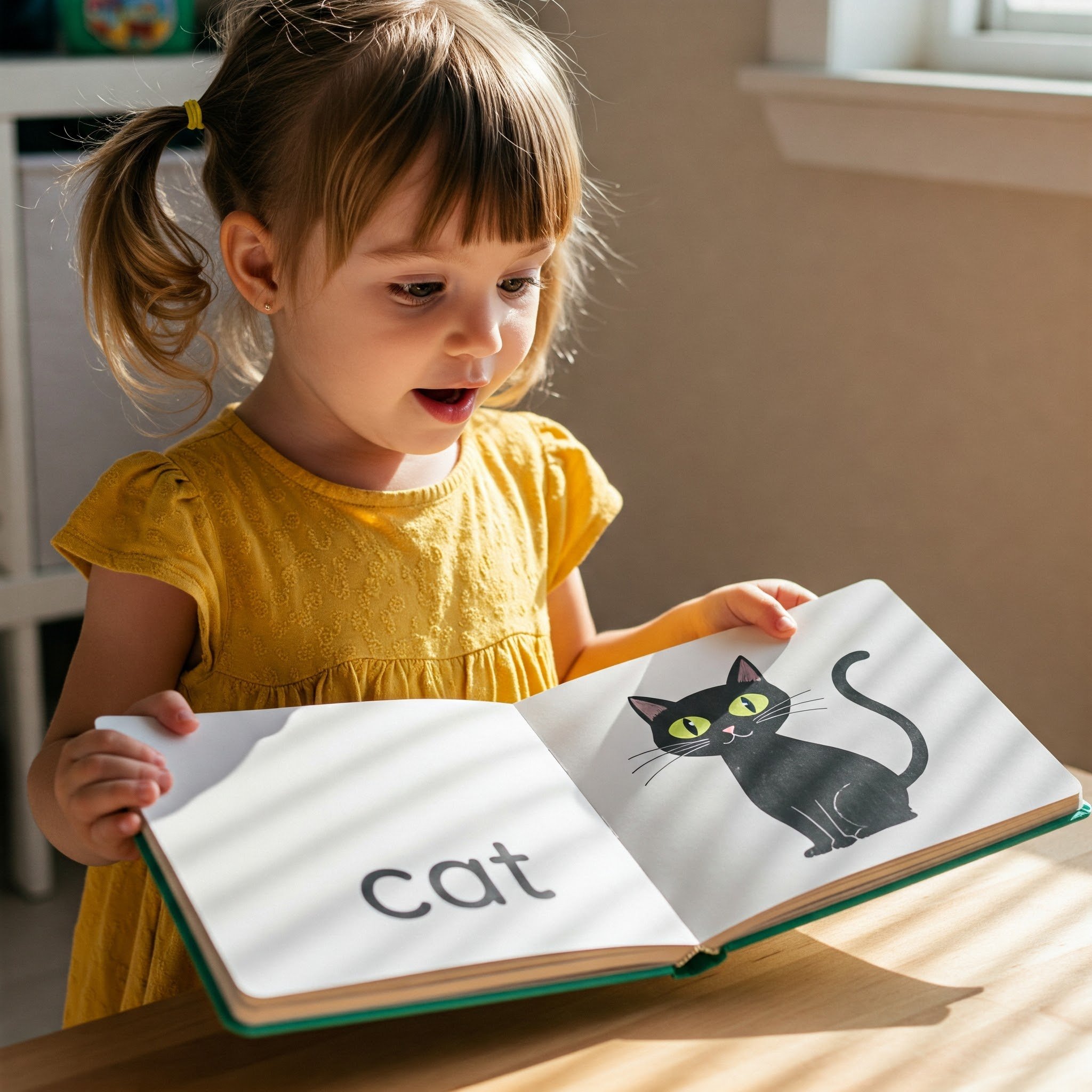Eulexia Tutoring Blog

Look-Say, Whole Language, Balanced Literacy: A Parent's Guide to the Many Names for the Same Flawed Idea
From 'Look-Say' to 'Whole Language' to 'Balanced Literacy,' the names for reading instruction are constantly changing. But what if they are just different masks for the same flawed idea? We uncover the common thread that runs through these methods and explain why a focus on decoding is the only reliable path.

The Journey Back to Confident Reading: What Remediation Looks Like
For parents of struggling readers, the path forward can seem unclear. We outline a hopeful, structured roadmap to success. Learn about the three key stages of effective reading remediation: a deep diagnostic assessment, principled skill-building, and finally, building fluency and a rich vocabulary.

The Dinosaur in the Room: Why Kids Can Read "Dinosaur" But Skip "the"
Ever wonder why your child can read 'dinosaur' but skips 'the'? It's a common puzzle that reveals a deep flaw in how reading is often taught. We explore why 'meaning-first' approaches can create this 'functional word blindness' and why a code-based strategy is the solution.

"Dysteachia": Are Reading Problems Inborn or Taught?
When a child struggles to read, we often ask what is wrong with the child? But what if the problem lies in the instruction? We explore the provocative concept of 'dysteachia'—reading failure caused by poor teaching—and how a child's susceptibility can be turned into a full-blown reading disability by the wrong methods.

The "Dyslexia as a Superpower" Narrative: What Parents Really Need to Know
The 'dyslexia as a superpower' narrative is inspiring. But is the reading struggle itself the gift, or are a child's creative strengths separate? We explore why true empowerment means nurturing a child's gifts while directly remediating reading challenges with effective instruction.

The Nostalgia Trap: How Dick, Jane, and Dr. Seuss Can Inadvertently Cause Reading Failure
Many remember Dick and Jane, and Dr. Seuss fondly. But what if these beloved books, when used as first readers, implicitly teach habits that can lead to reading failure? We explore the how Dick and Jane and Dr. Seuss books, created as instructional products, were ineffective or even destructive to their purpose of helping kids learn to read.

The Leveled Reader Trap: Is Your Child Learning to Read or Learning to Guess?
Those 'leveled readers' sent home from school may seem helpful, but their design often trains children to guess words from pictures rather than decode them. Discover why this common practice can hinder reading progress and how decodable readers provide a more effective, science-aligned path to literacy.

A Hidden Hurdle: How Dr. Orton Warned Sight-Word Methods Could Cause Reading Disabilities
Dr. Orton warned in 1929 that sight-word teaching could be a "source of reading disability." Learn why this method fails and why systematic phonics is essential for all children.

Decoding German, Understanding Nothing: The Surprising Lesson for Your Child's Literacy Journey
Imagine a woman who can read German aloud flawlessly but understands none of it. Is she truly reading? This surprising scenario reveals a crucial truth: decoding words is the non-negotiable first step to real understanding. We explore what this means for your child and why effective phonics instruction is paramount.

Decoding the Science: What the National Reading Panel Says About Teaching Your Child to Read
Navigating the world of reading instruction can feel overwhelming. How do you know what truly works for your child? Fortunately, a landmark report by the National Reading Panel (NRP) provides clear, evidence-based answers, particularly for phonics. The NRP's most significant finding? Systematic phonics instruction is markedly more effective than non-systematic phonics or approaches with little to no phonics in fostering reading development. This means programs following a planned, sequential introduction of letter-sound relationships, with explicit teaching and practice, lead to better decoding, word recognition, spelling, and even reading comprehension.

Eulexia Tutoring: An Origin Story
I started out just wanting to teach French. But witnessing bright students profoundly struggle with reading – often using ineffective guessing strategies encouraged by their schools – disturbed me deeply and ignited a passion. This is the story of that journey, my deep dive into the Science of Reading, and why Eulexia Tutoring exists today.

Embedded Phonics: Is 'Learning as You Go' Enough for Reading Success?
Is your child's phonics instruction effective? Learn why 'embedded phonics' falls short according to the Science of Reading, and discover what truly systematic, research-backed instruction looks like.

Decoding the Science of Reading: What Educators & Parents Need to Know
Beyond the bookshelf, understanding reading goes deep into brain science. 🧐 The Science of Reading utilizes research from neuroscience and cognitive psychology to show how literacy develops. Get the essential findings educators and parents need.

Decoding vs. Guessing: How to Spot Truly Effective Phonics Instruction
Pictures should support understanding, not replace reading the word! When kids rely on images instead of decoding letters (like /k/ /a/ /t/ for "cat"), true reading skills don't develop. Learn how to identify phonics programs that teach decoding, not guessing.

Sounds First! Why Focusing on Letter Sounds (Not Names) Builds Stronger Readers
Could teaching the ABCs actually slow down reading? Explore why focusing on letter sounds before letter names is crucial, according to reading science. Understand how names can cause confusion and why a sound-first approach leads to more confident decoding.
